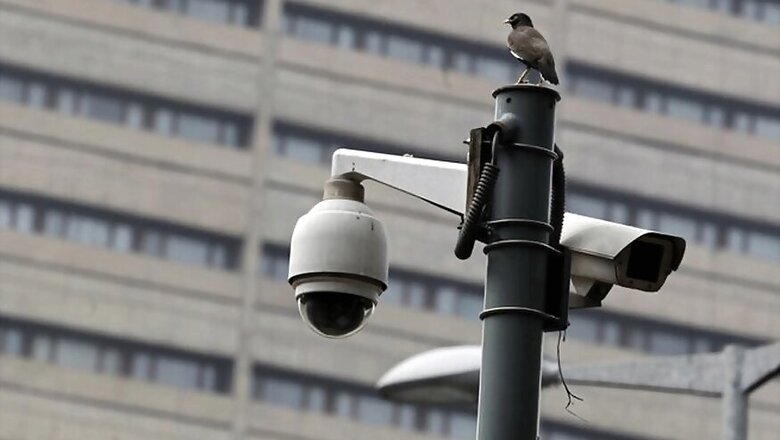
views
New Delhi: The Campaign for Judicial Accountability and Reforms (CJAR) disapproved of the Supreme Court's direction to keep video coverage beyond the purview of the RTI Act, saying courts should not carve out such exceptions.
The CJAR said the apex court's decision to not provide for sound recording during the experimental use of CCTVs in trial courts could defeat the aim to ensure full transparency in the judicial process.
In a significant step towards attaining transparency, the Supreme Court had on March 28 directed that at least two districts in every state and Union Territory should install CCTV cameras at important locations in court complexes.
In a statement, the CJAR said, "We strongly disapprove of the court directing that the CCTV video coverage will be beyond the reach of the Right to Information Act. As a matter of principle, courts cannot and should not carve out such exceptions to an important transparency law without very strong and compelling reasons,."
"By not providing for sound recording, the CCTV experiment as directed by the court is bound to fail. The goal of ensuring full transparency in the judicial process would be completely defeated if CCTV footage is not accompanied by audio recording of the proceedings.
"In the absence of knowledge of what was said and not said in court, the purpose of gathering CCTV footage becomes utterly futile," it said.
The CJAR has urged the apex court to modify its order to expand it to all levels of judiciary.



















Comments
0 comment